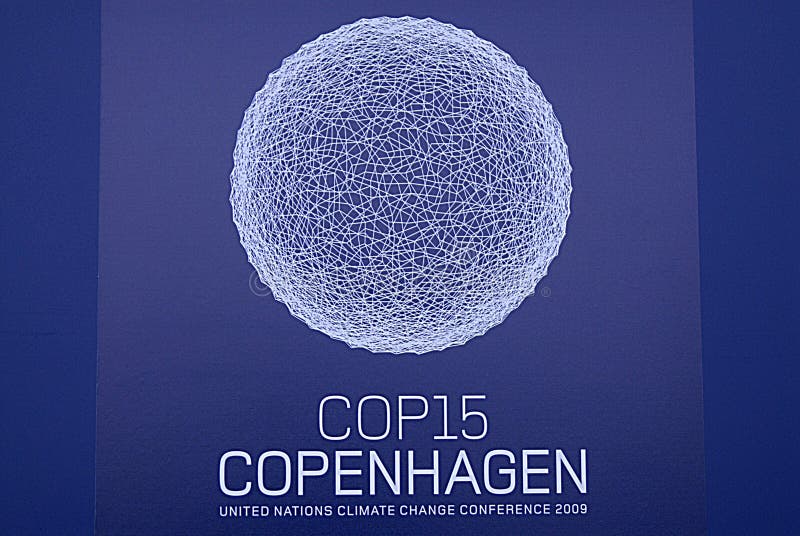
In a “historic” accord aimed at preserving biodiversity, nations have agreed to protect one-third of the earth for nature by 2030. There will also be targets for conserving key ecosystems such as rainforests and wetlands and the rights of indigenous peoples. The agreement was reached early Monday morning during the COP15 UN biodiversity summit in Montreal, Canada.
The summit had been moved from China and postponed owing to Covid. China, which was still in charge of the meeting, brought down the gavel on the pact despite a last-minute objection from the Democratic Republic of Congo.
The following are the main points of the COP15 agreement-
- Conserving, upgrading, and repairing ecosystems, including halting species extinction and maintaining genetic diversity
- “Sustainable use” of biodiversity – essentially ensuring that species and habitats can supply the services they provide for humanity, such as food and clean water
- Ensuring that the benefits of resources from nature, such as medicines that derive from plants, are shared fairly and equally and that indigenous peoples’ rights are respected
- Paying for and investing in biodiversity: Ensuring that funds and conservation efforts are directed where they are most needed.
The conference in Montreal was seen as a “last chance” to put nature back on track. Throughout the discussions, there was disagreement on the scope of ambition and how to fund the objectives.
One major issue of contention was how to fund conservation efforts in areas of the world that are home to some of the world’s most exceptional biodiversity.
Biodiversity refers to all the Earth’s living things and the way they are interrelated in a complex web of life that maintains the planet.
China released a revised version of the deal
Delegates held a full session of the summit early on Monday morning after hours of delays but then agreed on the wording quickly.
Despite concerns from the Democratic Republic of the Congo, which indicated it couldn’t support the pact, COP 15 President Minister Huang Runqui pronounced the deal accepted.
Georgina Chandler, senior international policy advisor for the Royal Society for the Protection of Birds said people and the environment should both be better off thanks to the pact achieved in Montreal.
“Now it’s done, governments, companies, and communities need to figure out how they’ll help make these commitments a reality.”
Sue Lieberman of the Wildlife Conservation Society said the agreement was a compromise, and although it had several good and hard-fought elements, it could have gone further “to truly transform our relationship with nature and stop our destruction of ecosystems, habitats and species”.
Days of rigorous negotiations resulted in the accord. On Saturday, ministers gave impassioned statements about the need to agree on specific targets to put nature on a path to recovery by the end of the decade.
“Nature is our ship. We must ensure it stays afloat,” said EU Commissioner for Environment, Oceans, and Fisheries, Virginijus Sinkevicius.
Colombia’s environment minister, Susana Muhamed, earned cheers when she urged for ambition in conserving the earth for the welfare of all.”Nature does not have boundaries,” she said.
Scientists warned that forests and grasslands are being lost at unprecedented rates
Scientists have warned that people are pushing the Earth past acceptable boundaries, with forests and grasslands disappearing at record rates and oceans under pressure from pollution.
This includes an increased danger of diseases such as SARs CoV-2, Ebola, and HIV spreading from wild animals to human populations.
Finance has been a major source of contention. In echoes of the climate meeting, COP27, in Egypt, some countries have been pressing for a new fund to be established to assist protect biodiversity, but this was rejected by others.
